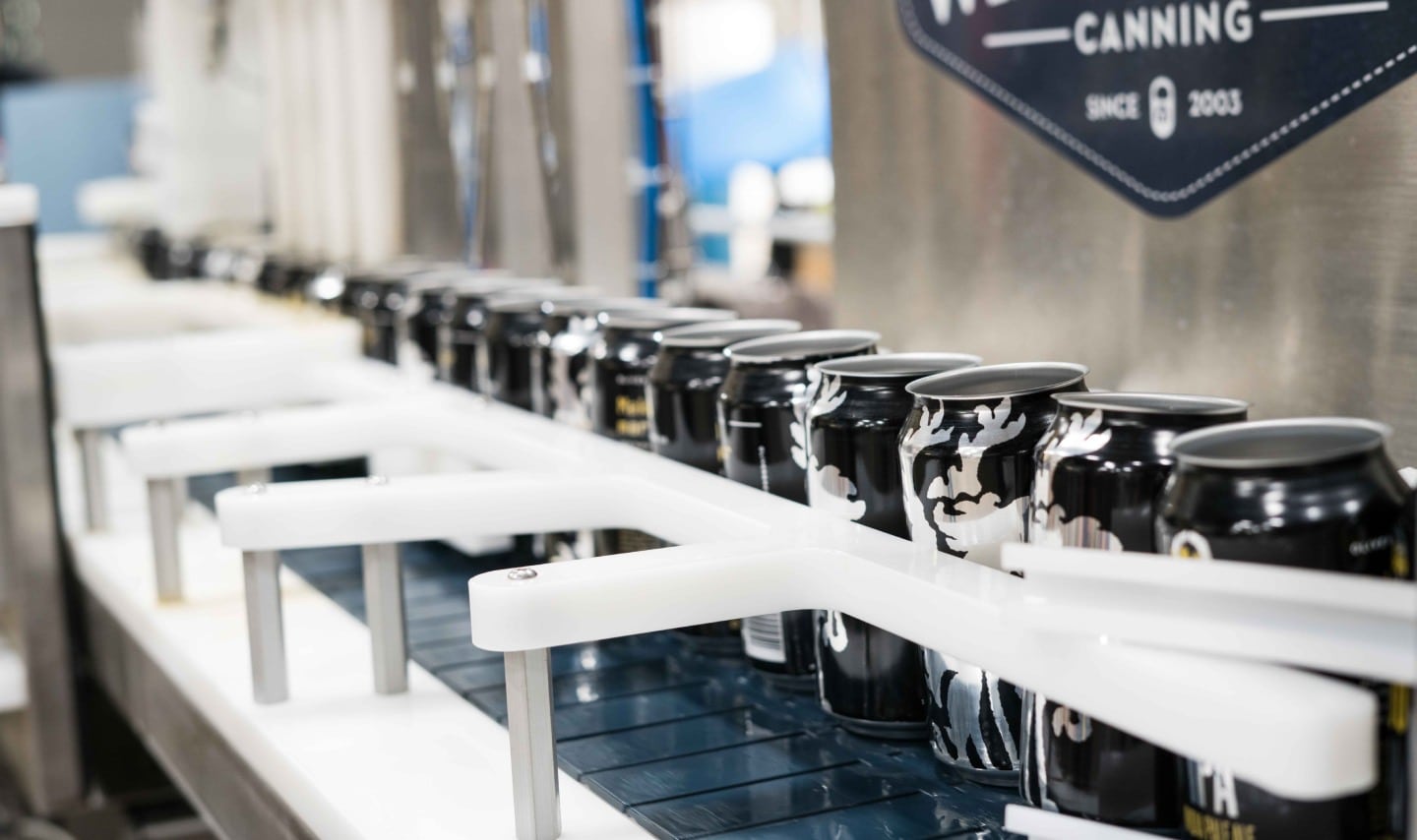A manufacturing partner can make or break your product’s success.
Entrepreneurs must take the necessary steps to vet a manufacturing partner, even when working with a sourcing agent.
Unfortunately, sourcing agents can take advantage of naive new business owners, and it’s important to educate yourself on some of the signs your production partners might not have the best intentions.
In this article, we’ll cover five key questions you should always ask a potential manufacturing partner before working with them. If an overseas factory or potential partner can’t provide satisfactory answers, you may need to move on.

1. What types of companies do you typically work with?
It’s helpful to have a manufacturing partner who is an expert in your particular product category. This will mean they already have a track record and general understanding of the manufacturing process, raw materials required, potential production costs, and the production process overall.
“For instance, just because a factory works with electronics, doesn’t mean they have the capability to manufacture your electronic product – there is a wide range of needs here, so make sure the manufacturers you are interested in meet your needs,” recommends one expert.
An overseas factory should already be manufacturing the products you’re seeking for other clients. Ask the manufacturing partner to provide references and get in touch with those clients to make sure they’re happy with the relationship. Are they satisfied with the product quality from the manufacturing partner? Does the factory meet deadlines? The last thing you want is to be treated like a guinea pig for a factory trying something for the first time.
2. What are your payment terms?
Many suppliers will require new businesses to make full payment upfront. You must know this ahead of time so there are no surprises.
There are two core parts to getting a price quote:
The MOQ and the sample pricing.
MOQ stands for minimum order quantity, i.e., the minimum number of products you can purchase in one order. Knowing how many units are in a minimum order is important so you can adjust your profit margin accordingly. Sample pricing also plays a role: Some factories will provide free samples as long as you pay for the shipping and customs fees, but this varies from partner to partner.
Having this context on hand will help you make an accurate business decision about which manufacturing companies can successfully and sustainably manufacture your products in a way that works with your business model.
3. How much of the process happens in-house?
Specifically, find out how vertically integrated a manufacturing partner is.
For instance, do they provide the final packaging and logistics? Do they have the capability to produce your specifications? Be clear about exactly what you’re looking for regarding materials, colors, dimensions, and details.
“For example, if you were creating a handbag, you’d want dimensions for inside and outside, the strap, any buckles … don’t leave things out. The last thing you want to do is get far down the road with a manufacturer and then find out that they don’t have the capabilities for what you’re trying to make,” writes another expert.
Evaluate whether the manufacturing partner can streamline and organize all the services you need—including procuring materials, manufacturing, storing, and shipping.
If there’s any grey area, your project managers, product designers, and product development team will struggle to map out the entire process.
Lastly, make sure the factory you’re vetting is the one that will actually create your product. None of the answers to these questions will be relevant if the manufacturing partner is outsourcing your contract to an unknown entity or low-quality contract manufacturing team.
4. What are your quality controls?
Quality is everything.
Your product must meet your customers’ expectations to make a sale. As part of the manufacturing process, make sure the manufacturing partner sends you a sample before moving to full production so you can be sure the quality meets your customers’ standards.
During contract negotiations, a manufacturing partner will likely include sample pricing in their overall price quote. In addition, the manufacturer should have some quality standards—for example, ISO 9000—that set forth guidelines specific to your industry, are most likely to result in a high-quality product being delivered, and ensure the product is meeting customer standards.
“Ask the contract manufacturer to show you records demonstrating their program’s ability to provide accurate documentation, high-level reports, and detailed test data,” recommends a manufacturing blog.
5. How will you protect my IP?
Your company’s intellectual property is one of its most valuable assets.
A manufacturing partner will be working with other businesses, and it’s possible one of your competitors may also contract with the same factory. As a result, your IP may be exposed, unless the manufacturing partner has the proper protocols in place to keep your information safe.
Even if the manufacturer doesn’t work with a competitor, they can still leak your IP and put you at risk of knock-off, counterfeit, or black-market products that undermine your brand’s value. Find out what security they have in their data systems to keep your patented information under wrap and out of the hands of your competition.
Find a pre-vetted manufacturing partner with Gembah
One of the best ways to find a manufacturing partner that can act as a true business partner for you—one that you’re confident will answer all of these questions effectively—is by working with an outsourcing partner with an established network like Gembah.
Our team understands the global manufacturing industry and has developed a network with hundreds of pre-vetted manufacturing service providers, product design experts, and more. You’ll be able to bring your product to market with confidence, and find cost savings along the way by avoiding bad actors or unqualified partners.
Learn more and get in touch to get started.



